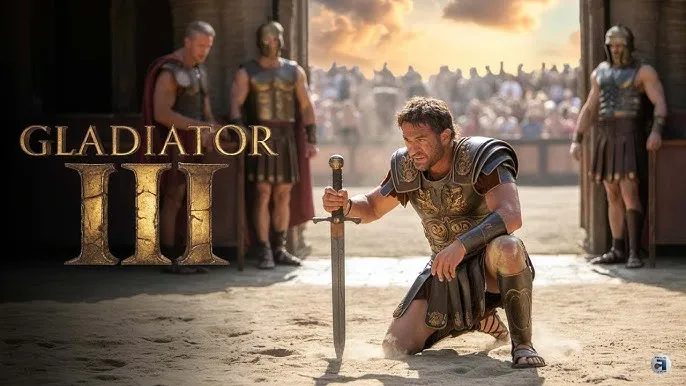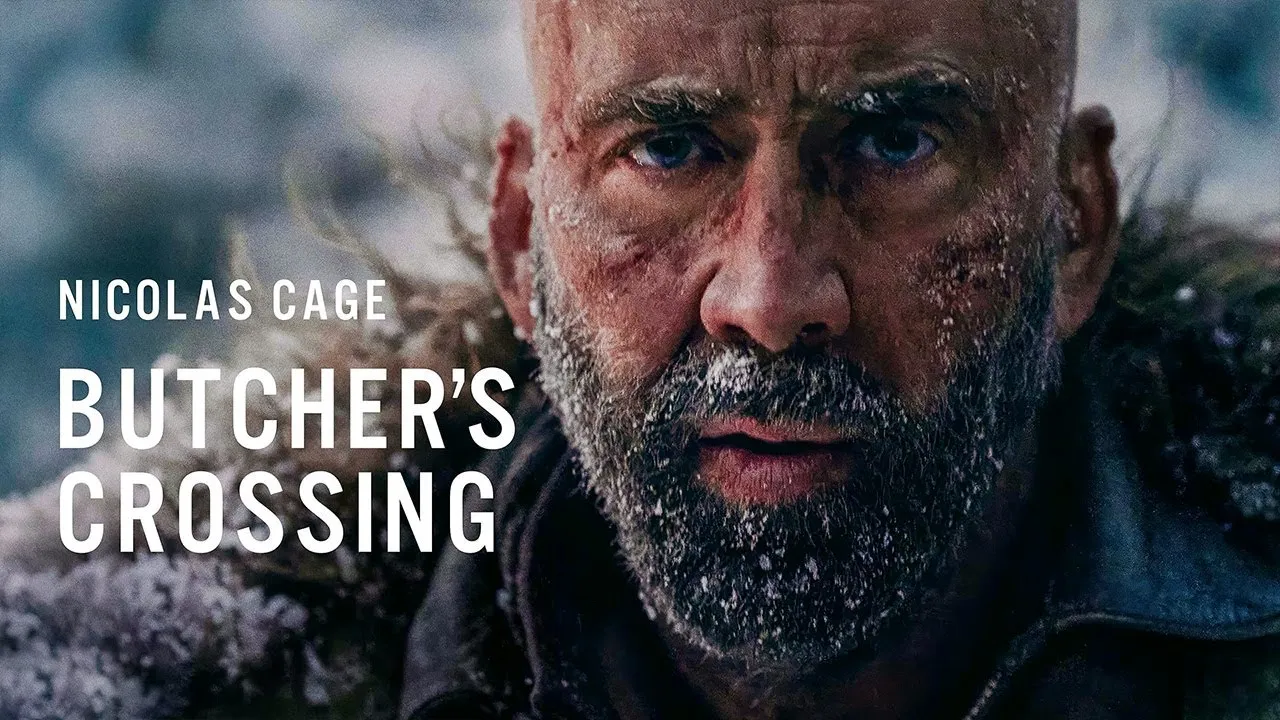"He thought fighting back would make him stronger. But sometimes, walking away is the bravest move of all."
Nearly four decades later, the legacy of The Karate Kid continues — not through flashy kicks, but through the quiet journey of finding one’s self. The Karate Kid 2 (2025) isn’t about victory. It’s about wounds that never healed, pride long buried, and lessons not spoken but passed through silence and the weight behind a gaze.

The story follows Kenji (played by Ben Wang), an Asian-American teenager lost between two cultures. After a family tragedy, Kenji and his mother move to New Jersey, where he encounters a group of local teens riddled with prejudice and quiet violence. One day, after being bullied, Kenji crosses paths with an old man who tends a modest bonsai shop. He is none other than Daniel LaRusso (Ralph Macchio) — older now, quieter, yet still carrying echoes of the days he once stood before Mr. Miyagi.

Daniel doesn’t teach fighting. He teaches stillness. He teaches endurance. He teaches that karate isn’t about striking first — but about standing tall when everything tries to break you. But Kenji doesn’t want to endure. He carries the rage of a displaced generation — hungry to be seen, desperate to fight back, to shout. Between these two souls, from two different eras, a quiet bond begins to form — not to win a tournament, but for Kenji to learn the most important lesson: sometimes, not hitting back is the strongest move you can make.

The Karate Kid 2 (2025) isn’t loud, nor flamboyant. It is a cinematic meditation — where martial arts is not a weapon, but a language. And sometimes, a simple bow at the end can echo louder than a thousand kicks in the arena.
-1754449150-q80.webp)
-1749449689-q80.webp)

